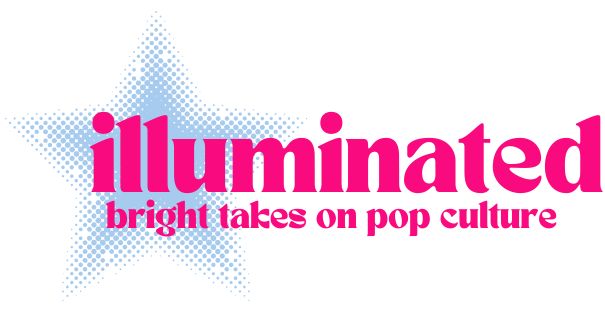Images by adonyig from Pixabay and by GabboT from Wikimedia
A new trend has been circulating social media where people share shocking names to their family, but with the twist they are so hungry they could eat them. Is this a silly prank or is there something more sinister going on?
Most of us have heard of the phrase, “I’m so hungry I could eat a horse,” and maybe you have even said it, but would you actually eat one? What about if you change it to something else, a different animal or even a human do you mean what you say?
Well, there is a new trend where people take the phrase and use the name of their dad’s teenage girlfriend, or mum’s childhood enemy. The shock and confusion on their parent’s face, gathers thousands of likes and follows and more people have started to participate, but do words have meaning? Are we glamorising cannibalism?
Dr James Cole, a Dean at the University of Brighton, researched cannibalism in archaeological contexts and treatment of the dead within fossil records. He said: “Clearly there is a subculture fascination with the topic of cannibalism, you’ve got big films, Silence of the Lambs, TV shows, Yellowjackets, so this is clearly something that people certainly in the West find really interesting.”
When looking at cannibalism we should first find out why people do it from an evolutionary perspective. “It varies hugely and is often situational specific, so it could be about starvation and that’s the only food, or for medicinal use, so people might consume placenta after giving birth, which can be for nutritious reasons but also social cultural reasons.”
“There is honouring the dead in some cases when there is funery cannibalism where in by eating a mouthful of the decease it is about carrying them with you forever. We always tend to jump to the horrific shock value around this behaviour but if we take a step back, we can see it can have a huge range of motivations.”
“Then looking at this trend on TikTok there is a shock value there but it could metamorphous into something else for some people which could go in any direction.” Although there are reasons why people cannibalise through our evolutionary trajectory we put in social norms and constructions that have prevented us from doing it and changed the meaning.
This has meant that it has become fascinating to audiences, “probably why Hollywood uses it is because we are obsessed with taboo culture of what’s allowed and what isn’t and it sells. People will read it, people will watch it, people will engage with it because it is like that car crash moment when you are driving along you don’t want to look because something awful has happened people are being looked after but you cant almost stop yourself and I think cannibalism has that same feeling,” Cole says.
Due to this, people have become drawn to the topic, and it often goes viral online, “underlining it all this is a topic that people are drawn to either because they don’t want to but they cant help themselves or they want to know more or because they enjoy the thrill of it,” Cole says.
So, it could be said that people are not engaging in the trend because they want to participate in cannibalism they are just interested in the taboo of it all.
However, a large aspect of the trend is revealing shocking names and getting reactions, so has the trend really been influenced by cannibalism? Cole believes the trend could be influenced by the shock and wanting engagement online, “the shock value is not about the cannibalism act, the shock value comes from the name or the reveal that you know in association that the parent didn’t engage in. If it’s a trend people monetise that and the more outrageous you can be or the more hits you get people, make income of that.”
Despite this, could it be glamourising cannibalism? “There is an element of glamour because the moment you put it on the screen either large or small, people will react to it in a way that resonated with them and hopefully some will just take it as entertainment and a story,” Cole says.
For more stories on Social Media click here: https://illuminatedmag.co.uk/social-media/





